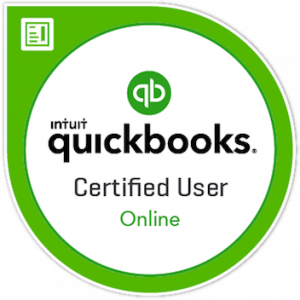Inflation Reduction Act 2022

Like the saying goes – “you can’t judge a book by its cover.” Neither should we rely on the title of the Inflation Reduction Act of 2022 Bill to understand it’s impact on everyday business owners. Based on reading a number of “think tank” commentaries, a common thread is appearing. Middle American and Small/Medium-sized business owners will likely see more of the IRS performing audits as a result of this bill.
Following is the breakdown of how the IRS plans to spend the $80 Billion they will receive:
$45.5M towards IRS “Enforcement” activities, (with most of this for salaries of close to 80,000 new auditors) which is a 69% increase in their budget over current levels.
$23.3M for Operations Support, a 53% budget increase
$4.75M for Business Systems Modernization – a 153% increase
$3.2M for Tax Payer Services – a measly 9% increase. So don’t expect your hold times to significantly go down when calling the IRS vs. the times they call you to schedule an audit.
More IRS Audits for Businesses in the Inflation Reduction Act 2022?
If you follow the money, it is clear that the IRS will be doing more audits, with the goal of collecting more revenue. Businesses of all sizes will likely be a significant focus for revenue generation going forward. There are only 614 Billionaires in the USA, so just doing simple math calculations point to the IRS likely calling on more than just the super rich.
Steps that we are recommending for business owners to follow as they prepare for the implementation of the Inflation Reduction Act of 2022:
Must have a solid bookkeeping process!
- Having a good record keeping process is a must.
- Make sure your books are “Audit Proof.” This means having copies of original receipts for all business expenses incurred. Attaching a digital copy of the expense receipt directly into the accounting system is the best solution to impress an auditor, and therefore may make them “bored” enough to go on to the next audit vs trying to find something wrong in your books. This feature is doable with most cloud-based accounting systems.
- Properly account for all “personal business owner expenses” on the balance sheet as owner distributions.
- Stop mixing personal and business expenses on business credit cards/bank accounts. Mixing personal and business expenses in a business account is like asking the auditor to “stay for the week” and see how much fun they can have.
- Don’t try to push the envelope on what is a business deductible expense. Ask your professional bookkeeper or tax accountant for help beforehand. You don’t want to be the business owner who finds out after the audit that you had a a significant number of expenses that are not tax deductible. Fines, fees and past due tax liabilities have put many businesses out of business! Don’t let that happen to you.
These are all best practices that should be followed regardless of the IRS funding levels and audit targets. They will be even more critical for business success going forward. If your business needs help with implementing procedures and bookkeeping practices, P&L Business Solutions is here to help. Call us today at 888-202-6657.
Additional info from different perspectives on this new legislation can be found at:
- https://taxfoundation.org/inflation-reduction-act/
- https://nypost.com/2022/08/05/the-inflation-reduction-act-would-double-irs-agents-and-audits-but-superrich-arent-real-targets/
- https://www.heritage.org/markets-and-finance/commentary/heres-the-truth-about-what-inflation-reduction-act-would-do
- https://www.washingtonpost.com/business/2022/08/16/inflation-reduction-act-save-money/
- https://www.speaker.gov/newsroom/8222-4 (note: the Speaker of the House says that corporations and wealthy individuals will generate the revenue to fund this bill)



Thanks for your blog, nice to read. Do not stop.
Thank you for your support.
Thanks again.